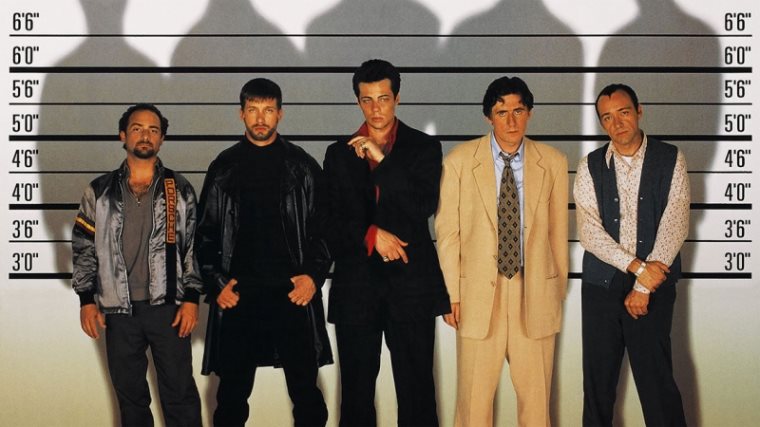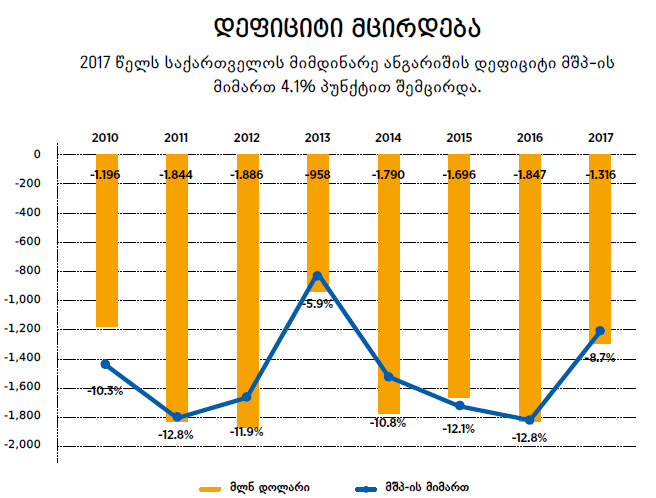

ანა გვალია
The Usual Suspects

You do not need to be a seasoned detective to call in the victim’s wife when the man goes missing. You do not need to be Sherlock Holmes to blame the littering on the floor to your newly acquired, insanely lovable new puppy. Having a degree in criminal justice will not help you determine who left the lights on in the living room. Experience and mental shortcuts will. We all have a personal list of the usual suspects that we use as heuristics – a rule of thumb approach to problem solving, learning, or discovery that employs a practical method not guaranteed to be optimal or perfect, but sufficient for the immediate goals – in determining the reason for our problem.
I am not an economist by all means but as a person who has come across economic issues, I have noticed that there is a list of usual suspects that are employed when trying to determine the sequence and the reason for the events. Technology, deindustrialization, capital mobility, winner-take-all markets, free trade, immigration, deregulation, government, inflation, unemployment and etc. come to be recognized as the usual suspects in economics. Why some nations experience growth rates higher than that of the others? Why some nations suffer from economic inequality more than others? Why do the economic crises happen and how come certain countries are more adapt to deal with the downturns than the others? It seems like being able to explain those issues does not require a complex analysis: all we have to do is browse through our rolodex of the usual suspects, identify the ones that had the motif and the opportunity and tell a story. And who does not love a good story?
Take for example the fact that markets tend to move up and down together, as do the economies. It is popular to attribute this herd-like behavior to one of our lead usual suspects – globalization. Not surprisingly, globalization does provide an explanation that nations lower barriers to the movement of trade and money across borders and because of the increased trade and capital linkages markets move in unison. However, in recent years, markets have become exceptionally synchronized, and that suggests a force other than globalization must be at work. Due to jumping to conclusions using the usual suspects, those details tend to escape the unprepared investigator and certain economic disease might be misdiagnosed or just treated with placebo.
So what is the takeaway? How can we use the usual suspects?
- The usual suspects are a wonderful way of introducing newbies to the concepts of economics, but they become dangerous as soon as the story becomes more enchanting than the facts;
- Person utilizing these shortcuts should be aware of the limitations of the method and try not to utilize sweeping generalization without proofing them first;
- As a member of the audience, being presented to the sequence of events leading up to the dilemma, we should be critical of the information that we are presented with. If the reasons go hand in hand with our list of usual suspects there is more to the case than just the story.
And finally: there is a place for usual suspects, heuristics and rules of thumb in our everyday life. They help us in coping with unexplained, in time management and effective allocation of resources; however, just as other tools they might be dangerous if improperly applied. The list of the usual suspects is excellent manifestation of the depth and breadth of human intelligence. With a little information we can conclude and analyze and it is all wonderful until the stories that we tell intervene with complex economic analysis. Walking between the lines of retroactive continuity (addition of information to established facts) and stylized facts shows that (simplified presentation of an empirical finding) sometimes it is dangerous to tell a story – the innocent might end up in jail.
P.S. The Usual Suspects, 1995 movie, directed by Bryan Singer has become the inspiration of this writing. If you have a list of usual suspects of your own, have observations that you would like to discuss or even if you want to share your thoughts about the movie, chat with me on Facebook


ანა გვალია
"დავიბადე 1993 წლის 3 დეკემბერს. 2012 წელს დავამთავრე ამერიკული აკადემია თბილისში და ამჟამად ვარ ნორთისტერნის უნივერსიტეტის (Northeastern University, Boston, Mass, USA) ბიზნესის ფაკულტეტის მეოთხე კურსის სტუდენტი".
გააზიარე
ავტორის სხვა მასალა


საკულტო არაყი მონტენეგროდან

საქსტატი: III კვარტალში საცხოვრებელი უძრავი ქონების ფასები 7%-ით გაიზარდა

ევროკავშირმა რუსეთის წინააღმდეგ სანქციების მე-19 პაკეტი დაამტკიცა

Render Group-ის კიდევ ერთი წარმატებული კოლაბორაცია ამჯერად Kengo Kuma & Associates-თან
